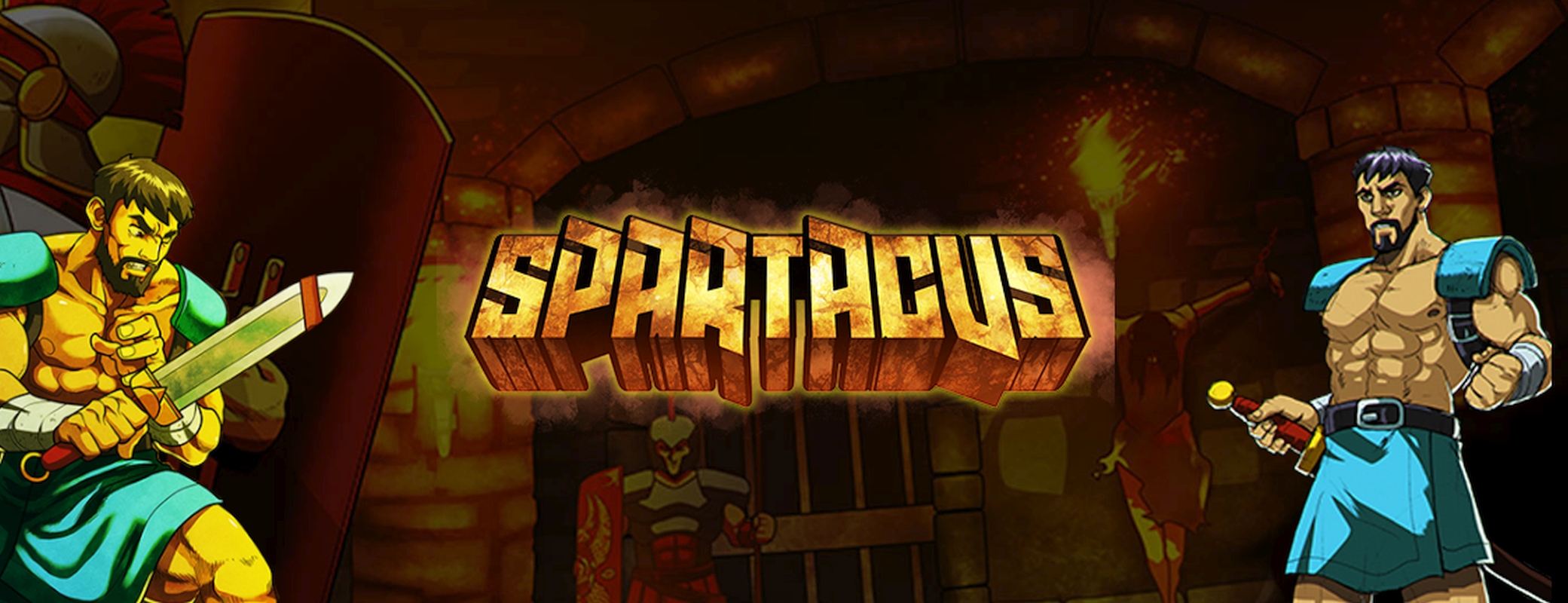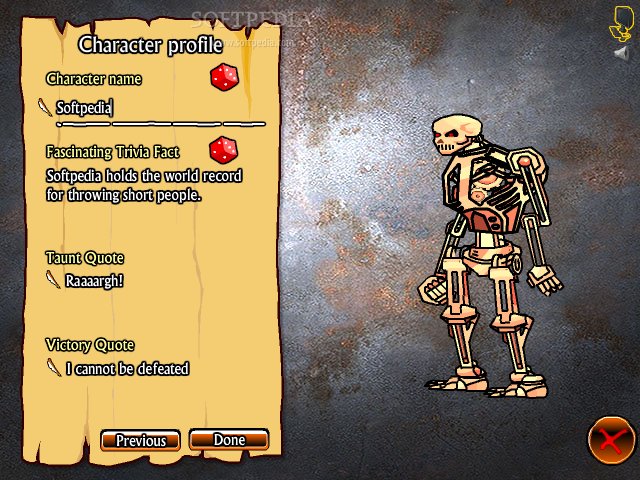


Here, you get to fight even more arena champions, and tournaments get hilariously tougher as you progress. Here, we get introduced to new tiers of weapons and armor, ranged weapons, and even spells and enchantments.

Swords and Sandals II is where the game gets way more interesting while still retaining the turn-based mechanics of the first. It doesn’t take long to finish the game, and there’s really no reason to keep going after you beat it. If you manage to beat the final champion, you’ll be at the maximum attainable level, and all you can do at this point is continue fighting new challengers until you die. You got an armor and weapon store, and an arena where the duels feel like they’re just slapping contests where RNGesus gets to decide who gets to hit more (I’m guessing the attack stat helps with that, but plain strength seemed to work just fine anyway). Honestly, you don’t really need to think too hard about these stats, just pump them all into strength and you’ll get by just fine. You start off as a completely unarmed, naked fighter, and the game gives you ten skill points to allocate. Each of the games actually have a story, though I never really paid much attention to it as a kid (admittedly, I still kinda don’t, but it doesn’t really take away from the experience). In Swords and Sandals, you play the role of a gladiator who has to fight his/her way through a variety of eccentric arena champions.

Sound familiar? That header is pretty much, like, probably 90% of the lyrics for the entire series’ iconic theme song, and most of the people who’ve played the game probably sang it in their head as they read that. But do you know what really stood out to me? Swords and Sandals, which has an entire collection available on Steam, including “redux” versions of select titles that, as of writing this, are still being updated by the dev. Kongregate and Armor Games) recommending various solutions, such as custom browsers and extensions.ĭespite all this, some well-known titles continue to live on as standalone games on other platforms, such as Sonny and Bloons TD. While it may sound a bit over-dramatic, this move by Adobe essentially wiped years of gaming history off the internet, with a few sites (e.g. The recent death of Flash marked the end of an era, and a lot of old games from the 2000s have pretty much become completely unplayable online.


 0 kommentar(er)
0 kommentar(er)
